Funds can be used for tuition and fees, books and supplies, room and board and computer equipment.
The sound of a mother’s voice can help boost newborn language development in premature babies.
A new study, published in “Frontiers in Human Neuroscience” on October 13, hoped to find a link between an increase in maternal speech exposure in premature babies and newborn language development.
What the study found was that a small increase in exposure resulted in quite a big difference.
To come to that conclusion, researchers exposed a group of preemies to recordings of their mothers speaking for less than three hours per day for a few weeks at the end of their hospital stay.

Researchers then compared MRI brain scans of the treatment group to that of a control group who weren’t exposed to the recordings — which led to a first-of-its-kind discovery.
The scans showed a clear difference in one part of the brain’s white matter: the left arcuate fasciculus.
The left arcuate fasciculus is a bundle of nerve fibers in the brain that connects two key areas involved in language — Broca’s area (speech production) and Wernicke’s area (language comprehension).
READ MORE: Researchers say skin-to-skin care could shape how premature babies’ brains grow in critical weeks
Per the study, this area of the brain was more mature in babies exposed to the recordings.
In other words, hearing their mother’s voice appeared to help jump-start the development of the brain’s language network — even before the babies were discharged from the hospital.
How a mother’s voice can help newborn language development
The study included 46 premature babies who were born more than eight weeks early. The babies didn’t experience any major complications of preterm birth and were deemed medically stable.
The recordings were played in 10-minute intervals for a total of 160 minutes every night.
For consistency, researchers had the babies’ mothers record their voice as they read a chapter from the popular children’s book “Paddington Bear” by British author Michael Bond in their native language.
READ MORE: New study proves that postpartum recovery takes much longer than initially expected
“Babies were exposed to this intervention for a relatively short time,” said study co-author Melissa Scala, MD, a clinical professor of pediatrics and a neonatologist at Lucile Packard Children’s Hospital Stanford.
“In spite of that, we were seeing very measurable differences in their language tracts. It’s powerful that something fairly small seems to make a big difference,” Scala added, per Stanford Medicine.
The findings are changing the way we think about premature baby care.
This is important because babies born prematurely miss valuable time with their mother as they spend weeks, if not months, in the hospital — which is time that would’ve been spent in the mother’s womb.
While most moms can’t be in the hospital 24 hours per day, their voices can.
“This is the first causal evidence that a speech experience is contributing to brain development at this very young age,” the study’s lead author, Katherine Travis, PhD, said, per Stanford Medicine.
“This is a potentially transformative way of thinking about how to approach neonatal care for promoting better language outcomes in children born prematurely,” Travis added.
So, if you can’t be there 24/7 for your premature baby, then don’t worry.
ALSO ON MOD MOMS CLUB: Growing up around dogs linked to lower risk of developing asthma in young children
Even a short recording of you talking, reading or singing each day could help nurture their growing brain and lay the foundation for stronger language development down the road.












